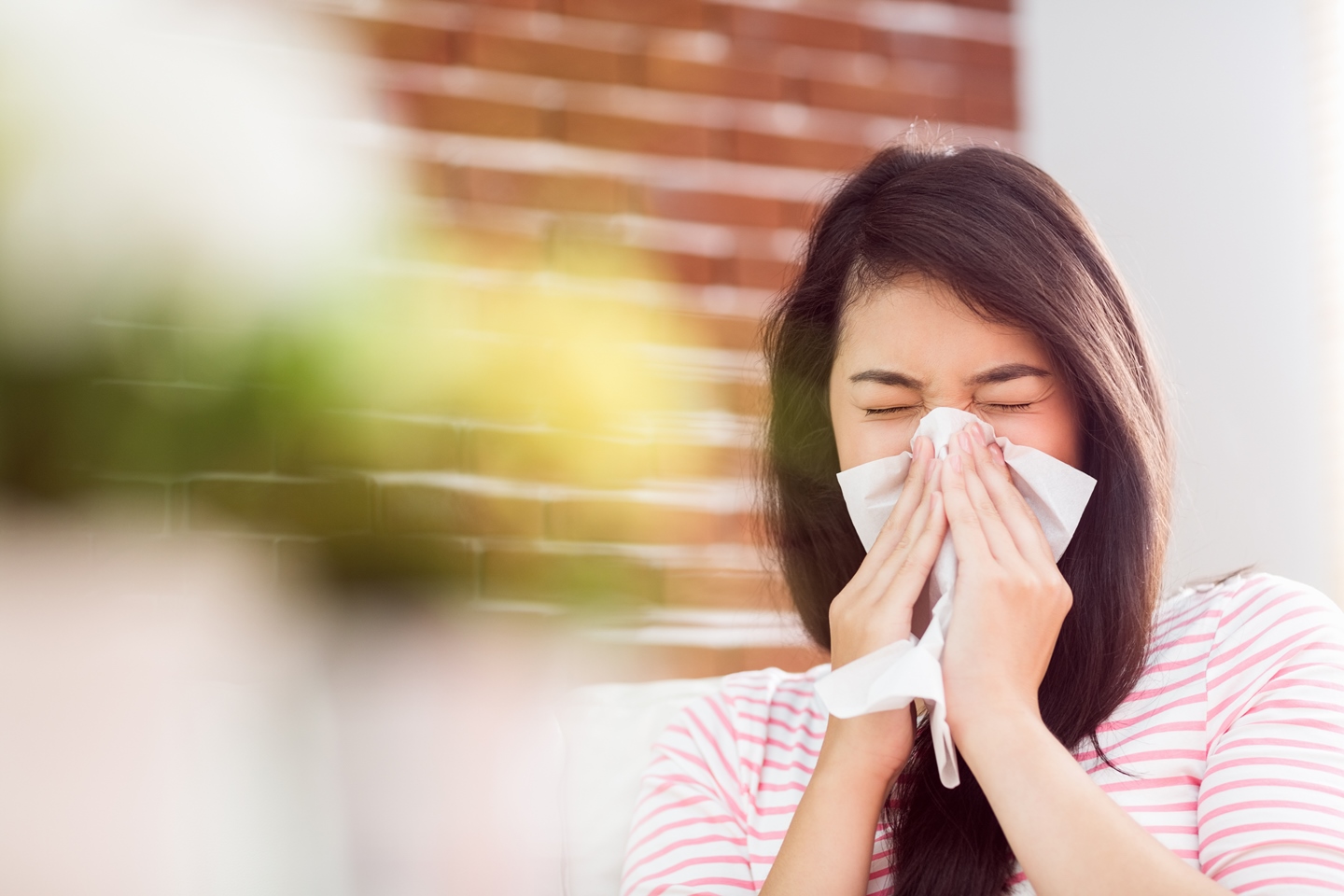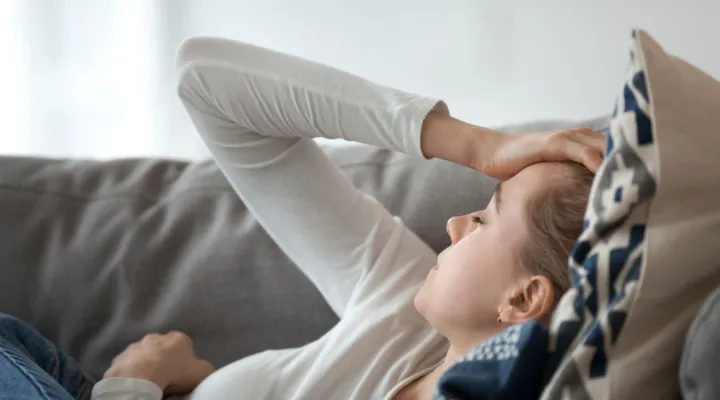When it comes to summer, rather than thinking about how great it will be to soak up the sunshine and lie around on the beach, many of us our are more concerned with overcoming the effects of allergies. If you find it hard to imagine a summer free from sneezing, a runny nose and all the other symptoms that allergies can bring on, allergen immunotherapy might be the solution to finally help you enjoy those summer months. This treatment, which our allergist Dr Adrienne Nagy has applied since the very start of her clinical career, should be begun soon, as if you wait until just before the allergy season it will be too late to have any effect. But how exactly can immunotherapy help you? And how does it work? We have all the information you need right here in this article.

In allergen immunotherapy, the patient receives a purified extract of the symptom-causing allergen in a gradually increasing dosage, helping the body to learn to develop the correct immune response to the allergen. If this painless treatment is begun in time, then you should experience significant relief of your symptoms by the next allergy season. Gradually, usually over three seasons, the body will develop a completely non-allergic reaction to the allergen. It appears that this widely used method can genuinely alter and even put a stop to the natural course of allergy-related conditions.
Allergen immunotherapy is a particularly effective form of treatment as it can have an impact not only on the symptoms, but also on the cause of the allergy. As mentioned above, the patient receives a gradually increasing amount of a purified extract of the symptom-causing allergen in sublingual droplet or tablet form. (For example, if you have an allergy to grass pollen, you will receive an extract of grass pollen in an increasing dosage). With this treatment, the patient’s body is able to progressively adjust to the trigger material in the allergen, resulting in the elimination of symptoms.
The patient’s condition improves and there is a gradual and significant reduction in symptoms and the need for medication, ideally resulting in the patient being completely free of symptoms.
It’s not a good idea to order ragweed tea or jams available on the internet, as an uncontrolled dosage can potentially cause a very serious reaction. This is not homeopathic medicine. The sublingual drops and tablets used in allergen immunotherapy are of pharmaceutical quality and have very precise and clear doses, with their effectiveness clearly demonstrated.
What allergens are suitable for treatment with immunotherapy?
- Weed pollen (e.g. ragweed and mugwort)
- Mixed pollens
- Pollen from trees and shrubs
- Household dust mites
- Animals (e.g. dogs, cats)
- Some molds (e.g. alternaria species)
- Bee and wasp venom
Who can undergo immunotherapy treatment?
After a careful examination, the allergist will decide if immunotherapy is a suitable treatment. In general, it can be used to treat the following symptoms:
- Allergic nasal congestion
- Allergic conjunctivitis
- Mild allergic asthma
- Allergies to bee and wasp venom (mandatory!)
(If the patient is older than five and has no other serious illnesses or conditions.)

Expected results
The therapeutic effects of immunotherapy have been verified in 20-year follow-up studies. People who undergo this type of treatment have also experienced a lower risk of developing new allergies, while it also reduces the risk of developing asthma in children.
During the course of treatment, dosages of medication to treat the symptoms (antihistamine tablets, nose sprays, eye drops) is also gradually reduced or stopped completely. (In rare cases, it may be necessary to use medicine to treat the symptoms after treatment if a large concentration of the allergen is administered.)
Side-effects
In rare cases, immunotherapy can result in mild side-effects. During treatment, patients can take the sublingual drops or tablets at home, though you do need to go to the clinic to receive the first dose of the year. Side-effects are mild and uncommon. For example, you may experience a mild itching under your tongue for several minutes during the first few weeks of treatment. In this case, the treating doctor will recommend a temporary reduction in the dosage, and will also discuss the use of some form of anti-allergy medication. (Allergen immunotherapy medication can be taken alongside other medicine, as there is no medical interaction.)
Our allergist Dr Adrienne Nagy recommends starting treatment at the end of February for an allergy to grass pollen and in March for a ragweed allergy. This helps ensure that you can spend the seemingly distant spring and summer months free of symptoms. Treatment takes several months each year, across three seasons in total. The type of product used is selected by the allergist based on the patient’s individual circumstances.
It is important to note that immunotherapy treatment should not be started at home. The allergist will administer the first dose and explain how to continue the treatment at home. This is also true for patients who already had treatment for several months last year.
- pediatrics21
- dietetics20
- RMC Dental Center15
- diet13
- internal medicine11
- dentistry9
- pediatric dentistry8
- sport7
- Dr Kinga Jókay7
- coronavirus6
- screening6
- covid6
- urology6
- obstetrics gynecology6
- prevention5
- cardiology5
- allergy5
- psychology5
- dental hygiene5
- infection4
- gastroenterology4
- menopause4
- screenings3
- Kinga Jókay M.D3
- Flu shot3
- Flu3
- women's screening3
- zsuzsanna kókai2
- Dr Nóra Gullai2
- infectious disase medicine2
- Ear-Nose-Throat2
- heat stroke2
- endocrinology2
- Dr Tímea Baló2
- allergen immunotherapy2
- Adrienne Nagy M.D.2
- Fetal Medicine Center2
- pediatric urology2
- flu season2
- meningitis2
- dermatology2
- gynecologist2
- Ophthalmologist2
- Headache Clinic2
- Dr Eszter Bodnár2
- headache2
- menopause program2
- invisalign2
- diabetology2
- cardiovascular disease1
- diabetes1
- hydration1
- hematology1
- iron1
- Imre Bodó M.D.1
- Same Day Surgery Center1
- nutritional disorder1
- lyme disease1
- gynecologic oncology surgery1
- first trimester screening1
Any questions before booking an appointment?
If you are unsure which doctor to see or what examination you require, we are here to help!
Simply request a free callback from one of our colleagues, who will help you find the right specialist based on your specific issue.





